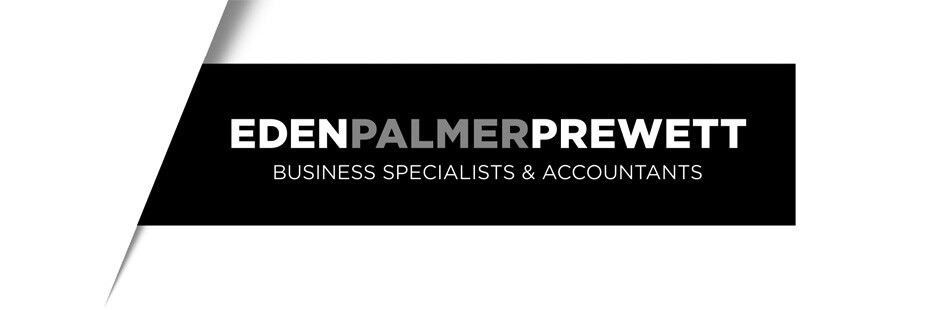On 24th August the Supreme Court released its keenly awaited judgement regarding the case of Penny and Hooper vs Commissioner of Inland Revenue. As we anticipated at the start of the year, the Supreme Court ruled against the taxpayers deciding that “setting an artificially low level of salary” represents tax avoidance.
The case involved two Christchurch surgeons who sold their surgical practices to companies they owned through family trusts. Under arrangements which became effective from 1 April 2000, when the top personal income tax rate was increased to 39%, each surgeon received a salary from their respective companies which was well below the level each had earned when practicing in their own name. The balance of the net practice income was distributed by the companies to the relevant family trust and taxed at 33%. The Commissioner contended that the salaries Penny and Hooper received from their companies were not commercially realistic and the arrangements therefore represented tax avoidance. The estimated tax savings for each taxpayer was in the region of $20,000 to $30,000 a year over the 2001 – 2004 tax years.
The case has been closely followed by tax advisors because its implications were likely to be significant for the many small businesses which operate through companies owned by family trusts. So the first bit of good news is that the Supreme Court described such structures as “entirely lawful and unremarkable. The adoption of such a familiar trading structure cannot per se be said to involve tax avoidance.”
But if the structure itself wasn’t the problem where did the surgeons go wrong? The answer is in what the Court called “the artificially low salary settings” in combination with the other features of the structure. During the case both surgeons admitted under cross-examination that the salaries they were paid by their respective companies were not commercially realistic. These reduced salaries increased the companies’ earnings which were then effectively made available to each surgeon through their family trusts. As the Court commented, “In reality, the taxpayers suffered no actual loss of income but obtained a reduction in liability to tax”.
Once the Supreme Court also took into consideration the Privy Council’s 1967 decision in Peate v Commissioner of Taxation of Commonwealth of Australia which involved virtually identical facts (a group of doctors sold their practice to a series of companies owned by trusts), then it was all over for Messers Penny and Hooper.
The decision will most affect those businesses whose profitability is dependent on the personal exertions of one or two individuals. Professionals such as doctors, surgeons, dentists, and other consultants with the ability to earn large sums will therefore need to review their current and past salary policies. The Supreme Court didn’t give too much guidance on what would represent an “artificially low salary” but it acknowledged that there would be situations where it would be reasonable for a company to retain a significant portion of its profits.
The recent changes in tax rates have largely eliminated the opportunity which Messers Penny and Hooper attempted to exploit but this does not mean that past salary practices can be ignored. A week after the Supreme Court decision the IRD issued Revenue Alert 11/02 in which it set out the types of situations where it would consider the diversion of personal services income to other entities to be tax avoidance.
In line with the Supreme Court’s remarks, the IRD accepts that use of companies, trusts and other business structures do not of themselves give rise to avoidance concerns. Instead it focuses on whether the “controllers of the business” divert income away from that business. In the IRD’s words:
“We will be concerned with arrangements where the compensation received by the individual is artificially low while related entities benefit (or the individual ultimately benefits), and any commercial reasons for that transaction do not justify the low level of remuneration.”
We have seen a number of situations where the salary paid to an owner either coincided with the threshold at which the former highest rate applied or was suspiciously close to it. The IRD is increasingly sophisticated with its data analysis and the chances are that all those taxpayers who received a salary of between $60,000 and $70,000 are highly likely to be investigated. The IRD may investigate prior years’ tax returns, subject to the “time-bar” rules which generally prevent re-opening a previous tax return more than four years after the end of the tax year in which the return was filed. For most taxpayers this would mean that returns filed for the year ended 31st March 2007 and subsequent years are possibly open to re-examination. If you are a business owner who was paid what could be regarded as a non commercial salary in prior years, you may therefore wish to reconsider your position and make a “voluntary disclosure” to the IRD.
If you have any concerns about the implications of the Penny Hooper case please contact Terry Baucher on 09 486 6200 for further advice, or speak to your friendly accountant at Eden Perich Prewett.
Regards
Terry Baucher – Director
